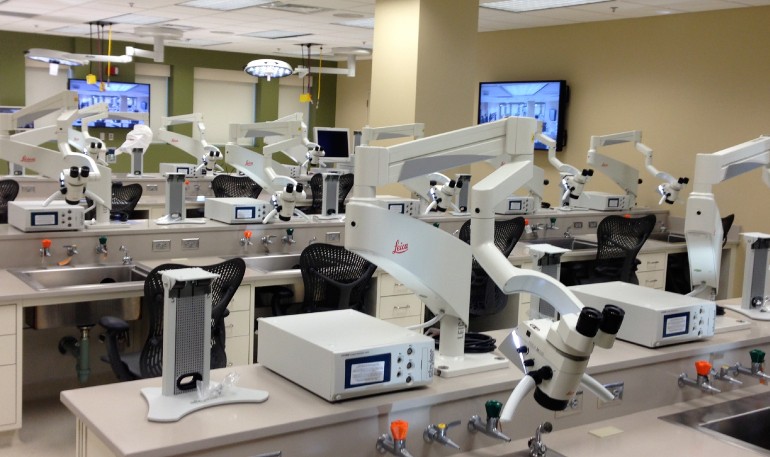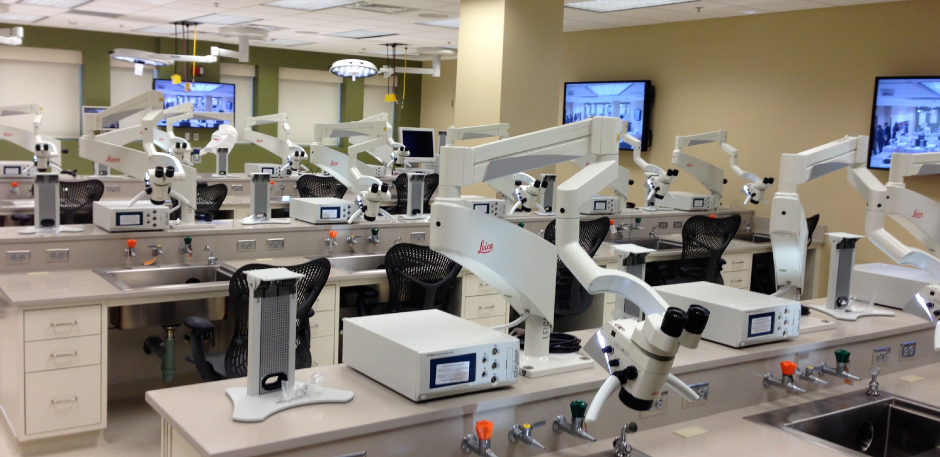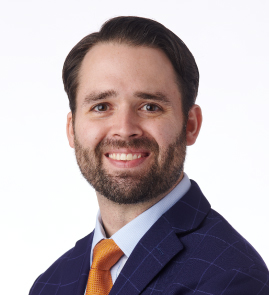As our nation nears the frightening fiscal cliff, funding for ophthalmology residency training is unlikely to increase at the rate necessary to meet the projected demand. According to Dr. Peter J. McDonnell at Wilmer Eye Institute in a December 2012 article in EyeWorld, the patient volume at Wilmer Eye Institute, and likely at other academic centers “is growing at about 20% annually,” though residency training positions “have gone up by only 8% over the last decade.” In the future climate of constrained supply and increased demand, the pressure to train highly qualified, competent, and efficient eye surgeons falls primarily on the shoulders of residency training programs around the nation. Having just recently finished interviewing at over a dozen residency programs, I am confident that program directors and the faculty at these programs are implementing innovative teaching curricula that will look the challenge of training qualified eye surgeons squarely in the eye.
Though I do not intend to single out any specific program, I would like to touch on a few innovations that I found at many programs at which I interviewed.
Femtosecond laser-assisted cataract surgery
It remains to be seen whether the Femtosecond laser will be a “game-changer” in cataract surgery due to possibly cost-restrictive click fee and arguably improved results. However, many programs are already anticipating this change and equipping residents with the tools to succeed post-residency. In a recent discussion with Dr. Mark Blecher at Wills Eye Institute, he described the decision of whether to incorporate the laser into surgical practice at Wills and emphasized his efforts to ensure that residents at be provided with the opportunity to use the laser for cataract surgery. Undoubtedly the bulk of resident training will not include use of the laser, but the priority placed on training residents with this new technology is worth recognition. Describing the use of the laser in resident education, Dr. Roger Steinert has said, “The laser is doing some of the steps that are the most challenging of the manual surgical skill set, such as the anterior capsulotomy, which is generally regarded as one of the most challenging things for residents to learn how to do. But if the laser is doing it, that diminishes the number of cases where they’re learning those skills.” I very much agree with Dr. Steinert, and look forward to learning without the use of the laser, but I do also applaud Dr. Blecher and others around the country that are anticipating the potential shift to Femtosecond-laser assisted cataract surgery, and are incorporating this training into the resident surgical curriculum.
Surgical skills lab
From wet labs to dry labs to surgical simulators, there seems to be an increased movement to provide opportunities for residents to learn many skills of microsurgery in a simulated operating room. Though I know of several programs which are making significant investments in these training tools, I would like to highlight the work being done at the University of North Carolina. At the top of this article is a picture of the lab with the longest lab name ever created, but still deserving of recognition. Introducing the “North Carolina Eye Bank Multi-Disciplinary Surgical Skills Lab at the University of North Carolina.” This skills lab, shared by the departments of ophthalmology, orthopedics, and ENT is equipped with twenty microscopes, four flat screen TVs, operating room lights, and surgical equipment designed to simulate the OR experience and provide the opportunity for faculty to teach residents surgical skills in a simulated OR.
With the pending limited supply but increasing demand that faces ophthalmology, I am thrilled to be entering a field that is not only forecasting these changes, but implementing innovative programs to enhance surgical curricula and prepare tomorrow’s generation of competent, efficient, and highly qualified ophthalmic surgeons.
- What other innovations do you believe could enhance resident surgical education?
- What innovative surgical training programs/efforts do you think deserve a shout-out?












nice article, innovation with the virtual reality tools, which could demonstrate basic steps and also complex case managements though VR would be a great tool. we are designing a similar model